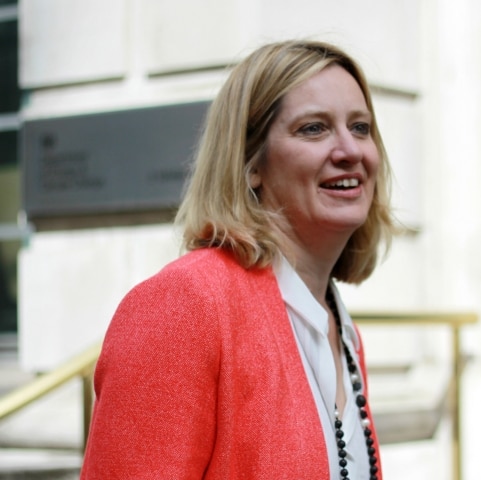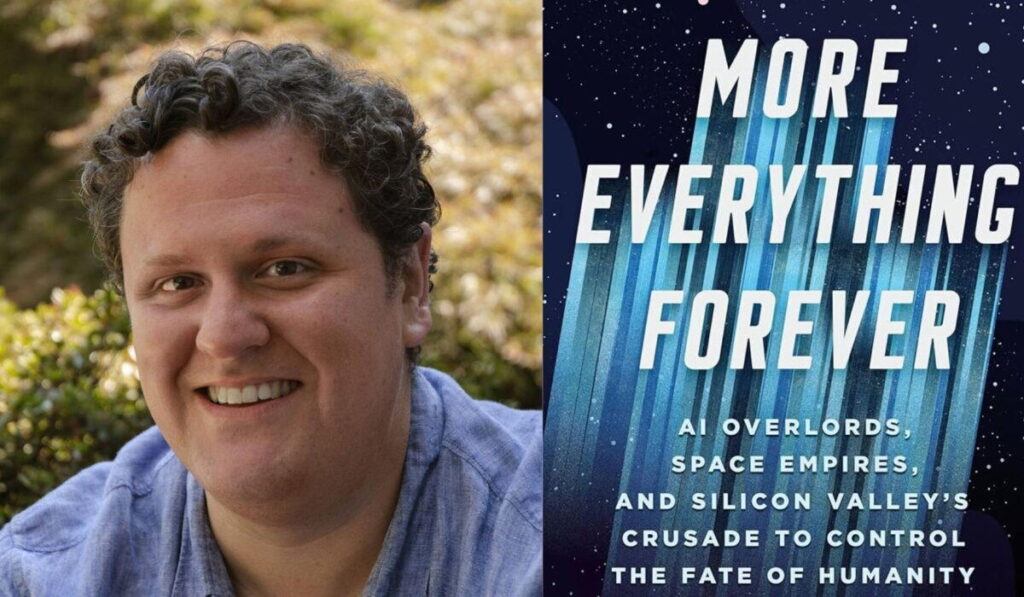Amber Rudd, secretary of state for the Department of Energy and Climate Change (DECC), continues to come under fire this week as it’s revealed that she failed to disclose links to a top lobbyist in official parliamentary records.
New rules, introduced after the general election by the parliamentary Committee on Standards, require MPs to disclose all family members engaged in lobbying the public sector. So far, 10 MPs have declared such interests.
Rudd, however, does not state on the new Register of Members’ Interests that her brother, Roland Rudd, is the boss and founder of the powerful financial PR and lobbying firm, Finsbury.
The news is particularly controversial as this week DECC granted planning permission to a controversial gas storage facility in Lancashire. The gas storage company, Halite Energy Group, is represented by Roland’s Finsbury.
The scheme had originally been refused in 2013 by former Energy Secretary Ed Davey, who said there was a “clear gap” in geological data within Halite’s proposal, which “failed to demonstrate the suitability of the geology at the site.” The storage facility at Preesall will be able to store up to 600 million cubic metres of gas.
Speaking to Total Politics, Tamasin Cave, director of the Alliance for Lobbying Transparency, said: “Did having the brother of the energy secretary on the payroll help Halite’s cause? We will probably never know, but secrecy inevitably leads to suspicion.”
Cave continued: “By breaking the rules, Amber Rudd gives the impression she’d rather we didn’t know about her brother’s lobbying business, or his many clients in the energy business.”
Finsbury also represents Shell and mining multinational Rio Tinto. British Nuclear Fuels Limited (BNFL) was also a client of Finsbury in the early 2000s until it dissolved in 2009.
Photo: DECC via Flickr
Subscribe to our newsletter
Stay up to date with DeSmog news and alerts






